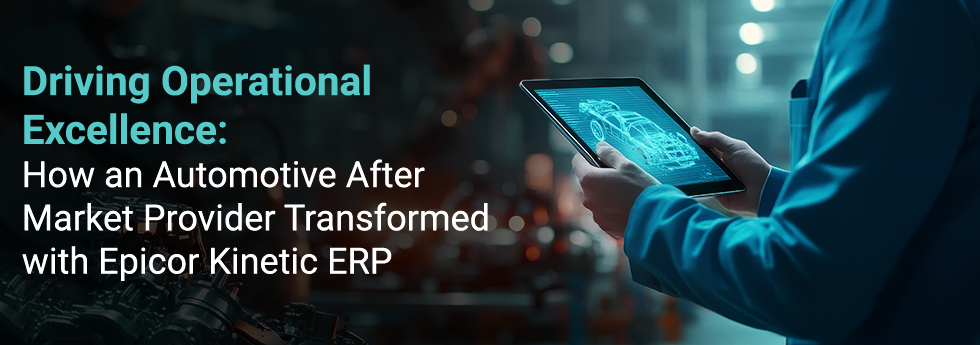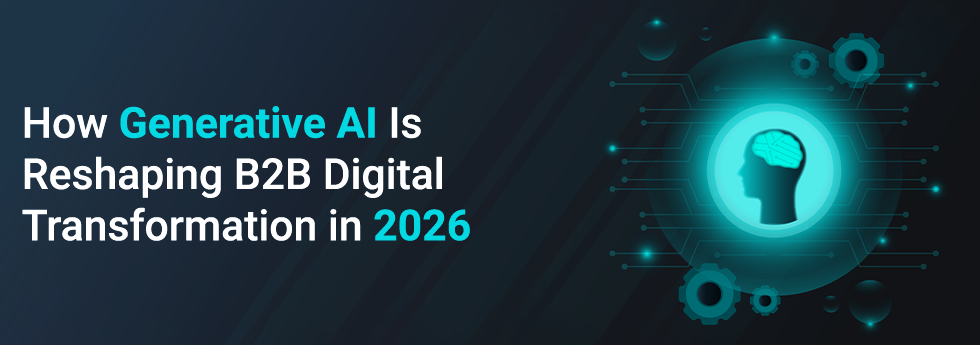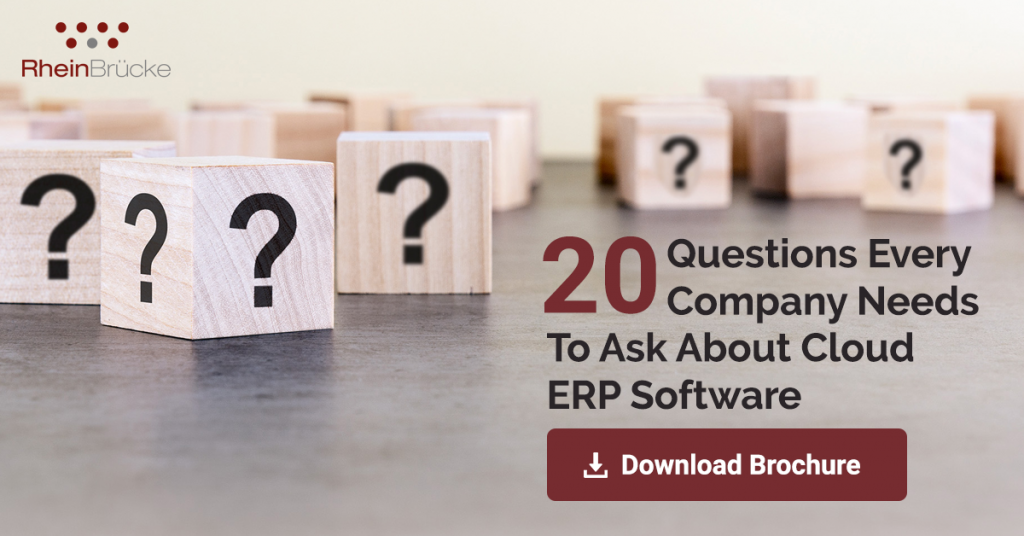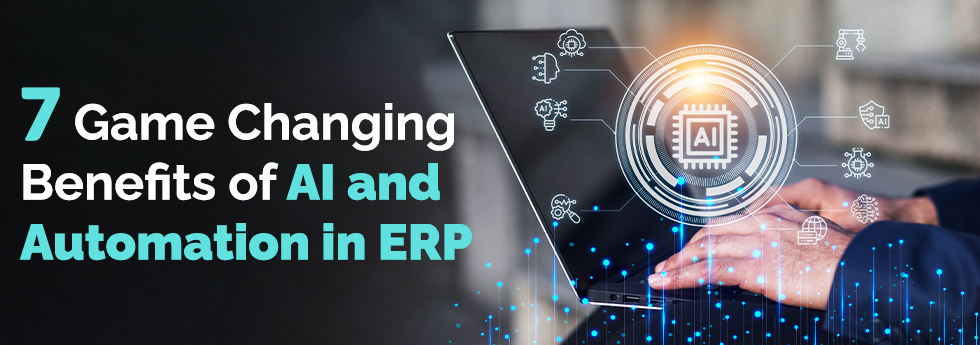
Enterprise Resource Planning (ERP) is no longer just a back-office system. In today’s fast-moving markets, where supply chain disruptions, rising costs, and constant change are the norm, businesses need ERP systems that are smart, not just efficient but also intelligent.
That is where artificial intelligence (AI) and automation come in. Together, they are reshaping ERP into a powerful engine for growth, speed, and agility. Instead of simply managing operations, modern ERP platforms can now learn from them, anticipate what comes next, and guide smarter decisions.
Here are seven ways AI and automation are transforming ERP into a proactive, intelligent business accelerator with real world examples.
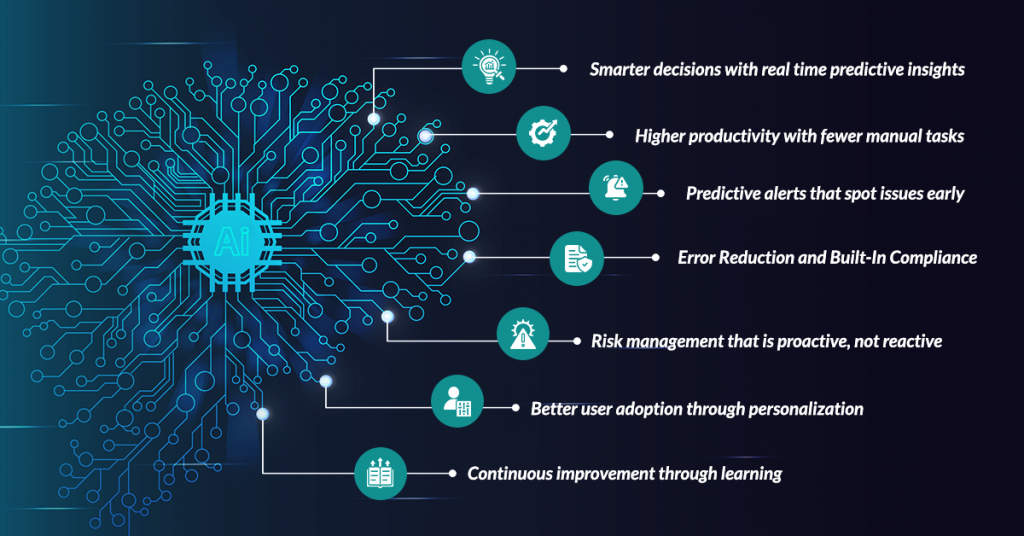
 Smarter decisions with real time predictive insights
Smarter decisions with real time predictive insights
Static dashboards and lagging reports are no longer good enough. Businesses need insights that are real time, contextual, and predictive.
Modern ERP systems come with built in analytics and AI powered forecasting tools that do more than show data, they suggest actions. You can get alerts on emerging trends, recommendations on pricing, or even risk forecasts for supplier delays.
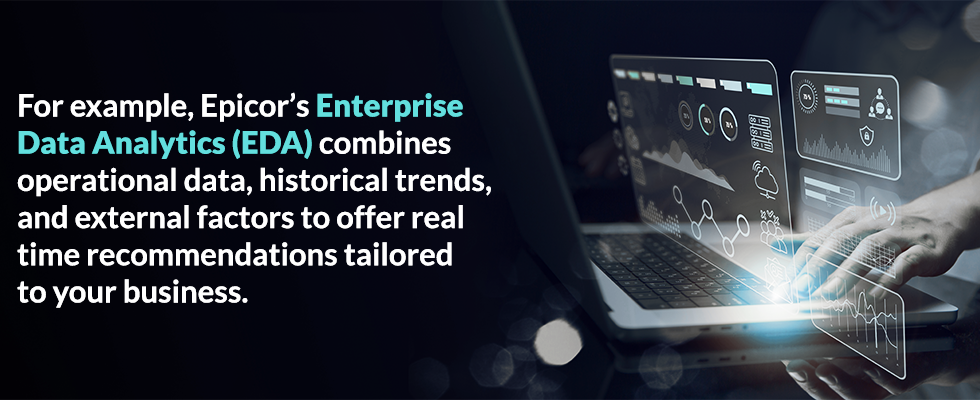
 Higher productivity with fewer manual tasks
Higher productivity with fewer manual tasks
Disconnected systems and repetitive tasks slow down your teams. Automation fixes that. Whether it is automating purchase approvals, syncing inventory data with your online store, or connecting with third party logistics, ERP automation tools let you build smart workflows quickly.
Low code and no code solutions like Epicor Automation Studio let users automate these processes without needing heavy IT involvement. This frees up your teams to focus on what really matters while reducing human errors.
 Predictive alerts that spot issues early
Predictive alerts that spot issues early
AI in ERP does not just react to problems, it spots them before they escalate. Intelligent alerting tools scan your data for patterns and anomalies. If a key supplier is missing deadlines or if pricing trends suggest future margin pressure, your ERP can notify the right teams immediately.
Epicor’s smart alerts, for instance, integrate directly into daily workflows so that users get notified without leaving their screens.
 Error Reduction and Built-In Compliance
Error Reduction and Built-In Compliance
Data errors in procurement, invoicing, or finance can lead to costly compliance failures. AI combined with automation helps validate data, match invoices to purchase orders, and ensure tax rules are applied correctly—in real time Many ERP systems use Robotic Process Automation (RPA) to match invoices to purchase orders, check for tax compliance, and catch data mismatches in real time. With platforms like Epicor, audit trails and exception handling are built in from the start.
 Risk management that is proactive, not reactive
Risk management that is proactive, not reactive
From supplier issues to credit risks, AI powered ERP systems help identify problems before they impact your business. Automated risk alerts can flag supplier non-performance, sudden pricing fluctuations, or missed quality checks early, giving you time to act.
This level of visibility is especially critical for industries like manufacturing or distribution, where operational delays can quickly ripple across the value chain.
 Better user adoption through personalization
Better user adoption through personalization
Many ERP projects fail because users struggle with complex interfaces. AI helps solve this by making the system more intuitive.
Modern ERP platforms let users personalize dashboards, highlight relevant KPIs, and use voice or chat to get answers instantly. Epicor’s Kinetic UX and Virtual Agent (EVA) are great examples offering a conversational experience and AI curated widgets that simplify everyday tasks.
 Continuous improvement through learning
Continuous improvement through learning
Every interaction with your ERP system generates data. AI takes that data and turns it into insights that help you improve. From suggesting better pricing strategies to identifying underperforming suppliers, AI driven ERP systems keep learning to support better decisions.
With platforms like Epicor, this kind of continuous learning is not a future feature, it is already in place and delivering value.


